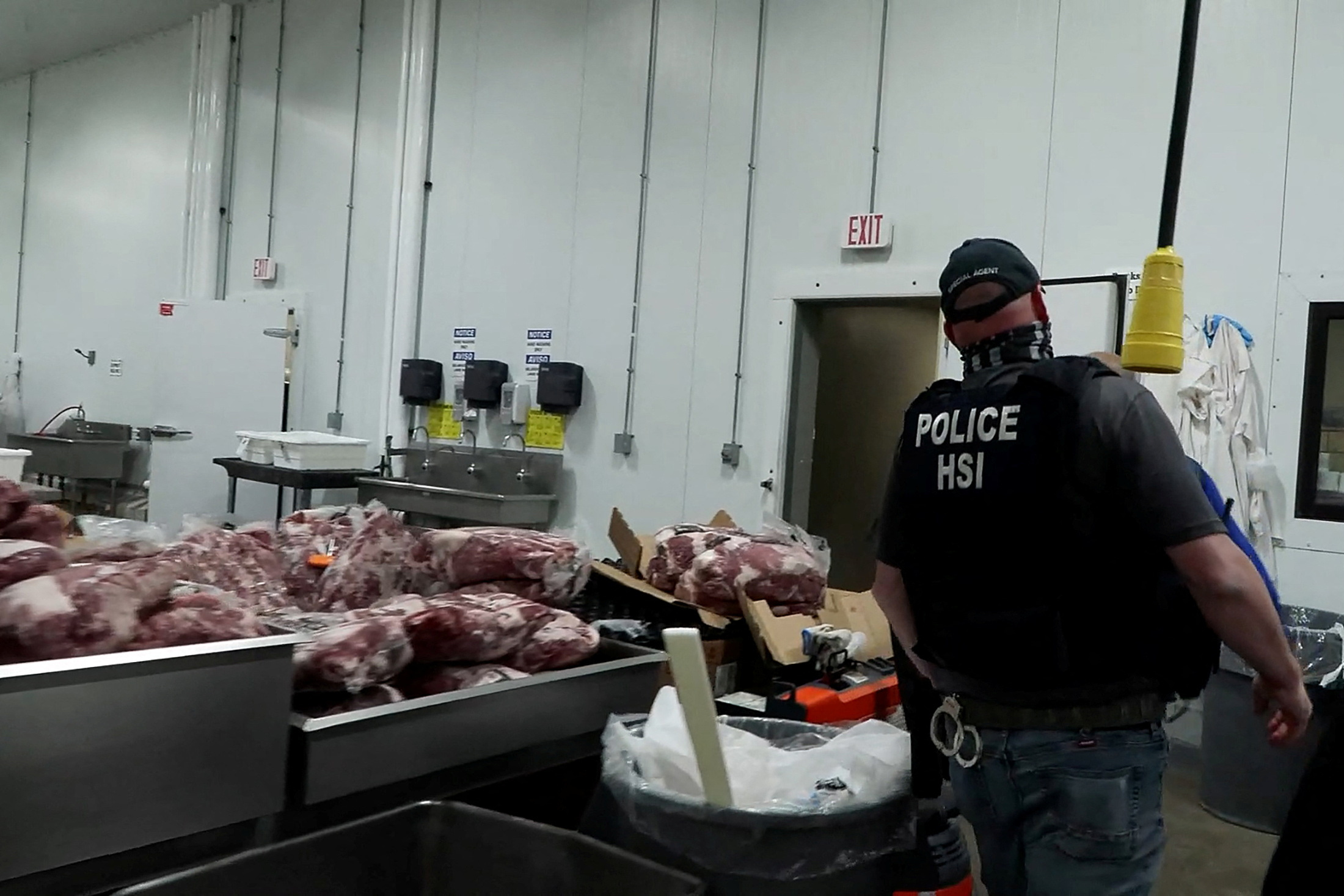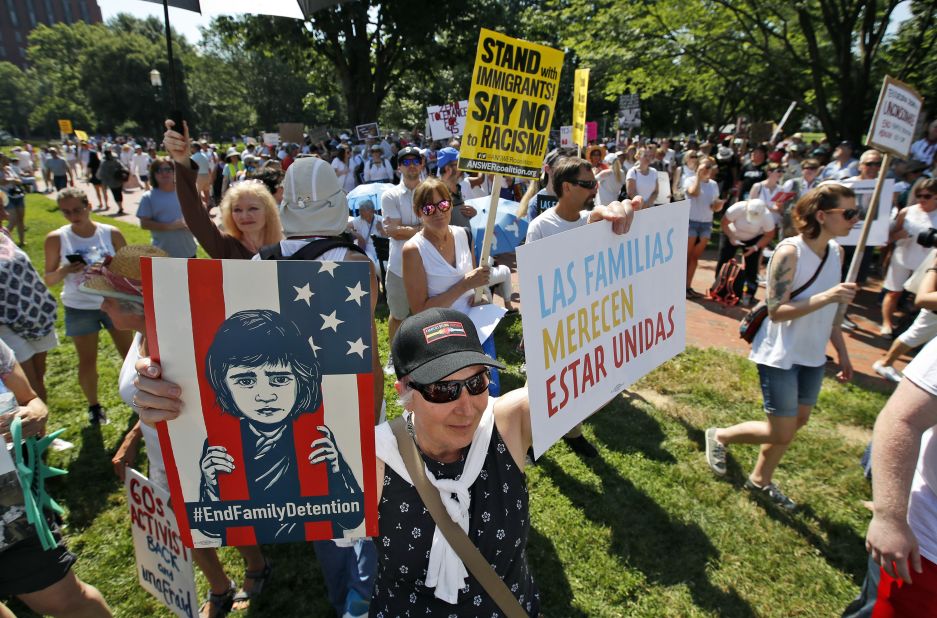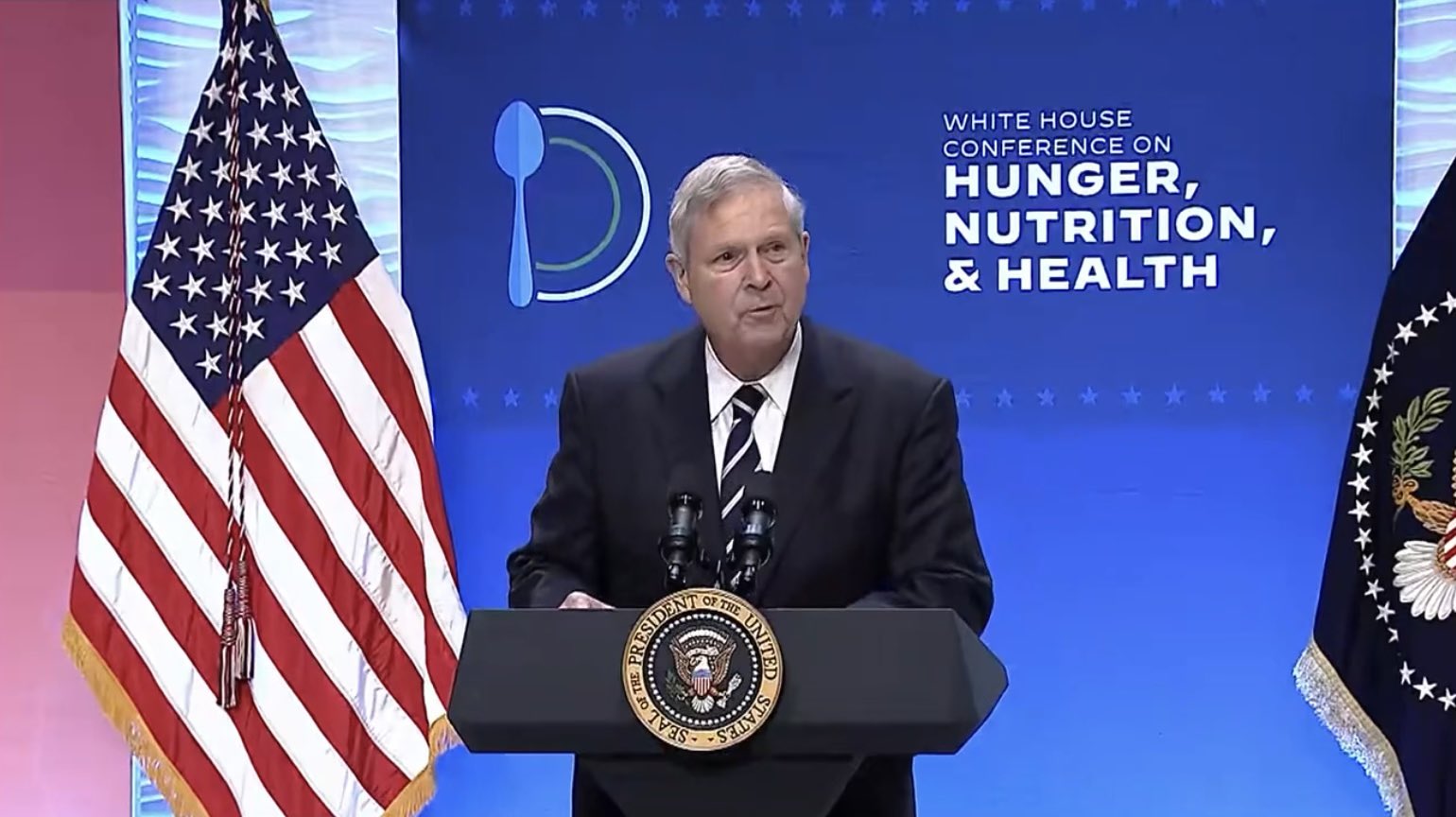Immigrant Workers Face Uncertainty
As the Trump administration escalates its hardline immigration policies, millions of immigrant workers, the backbone of the U.S. agricultural sector, find themselves in a precarious position. Undocumented immigrants account for a staggering 15% to 20% of the workforce in critical industries like crop production and food processing, according to Goldman Sachs. The administration"s focus on mass deportations jeopardizes not only the lives of these workers but also the stability of the agricultural economy.
Farmers Demand Action Amid Immigration Raids
Recent immigration raids have sparked alarm among farmers who rely heavily on this labor force. A meatpacking plant in Omaha recently experienced a crackdown, leading to the detention of dozens of workers, and sending shockwaves through the industry. Farmers are voicing their concerns directly to Washington, emphasizing that without these workers, they risk losing crops and ultimately, revenue. They are caught in a dilemma where they must advocate for their workforce while navigating a hostile immigration environment.

US immigration raid of Omaha meat plant cuts staff, fuels ...
Trump"s Mixed Messages Create Confusion
President Donald Trump"s approach to immigration has oscillated between aggressive enforcement and reluctant acknowledgment of the agricultural industry"s reliance on undocumented labor. "We must protect our Farmers, but get the CRIMINALS OUT OF THE USA," Trump stated, reflecting his struggle to balance his base"s demands for strict immigration enforcement with the economic realities facing American farmers. This ambiguity creates an unstable environment for both industries and workers.
Proposed Solutions Lack Clarity
In an attempt to address these issues, Trump has hinted at potential compromises, such as a temporary pass for migrant workers in agriculture and hospitality. However, the lack of a clear plan raises doubts about the administration"s commitment to finding a sustainable solution. As reported by NPR, this uncertainty is compounded by the fact that existing visa programs like H-2A have not sufficiently met the labor demands of farmers.

12-year-old gives powerful speech
Economic Consequences of Deportation Policies
The potential loss of a significant portion of the workforce could lead to dire economic consequences, including food shortages and price increases. Research indicates that a reduction in immigrant labor could create bottlenecks in production, resulting in a ripple effect that would impact not only farmers but also consumers. Industry experts are sounding alarms, warning that without reform, the agriculture sector could face unprecedented challenges.
Calls for Justice and Fair Treatment
The plight of undocumented farmworkers must be addressed with compassion and justice. Advocacy groups are urging the administration to provide pathways to legal status for those who have contributed to the economy for years. The United Farm Workers union has been vocal in highlighting the fears of farmworkers who are concerned about ICE crackdowns. As per the Washington Post, the cancellation of grants and support programs is further exacerbating the crisis faced by farmers and workers alike.

USDA Celebrates First Anniversary of the Historic White House ...


![[Video] France opens applications for 10-month national service for youth](/_next/image?url=%2Fapi%2Fimage%2Fthumbnails%2Fthumbnail-1768220506872-i17id8-thumbnail.jpg&w=3840&q=75)




![[Video] Gunfire between Iraqi security forces and Sadr militias in Baghdad](/_next/image?url=%2Fapi%2Fimage%2Fthumbnails%2Fthumbnail-1768343508874-4redb-thumbnail.jpg&w=3840&q=75)
